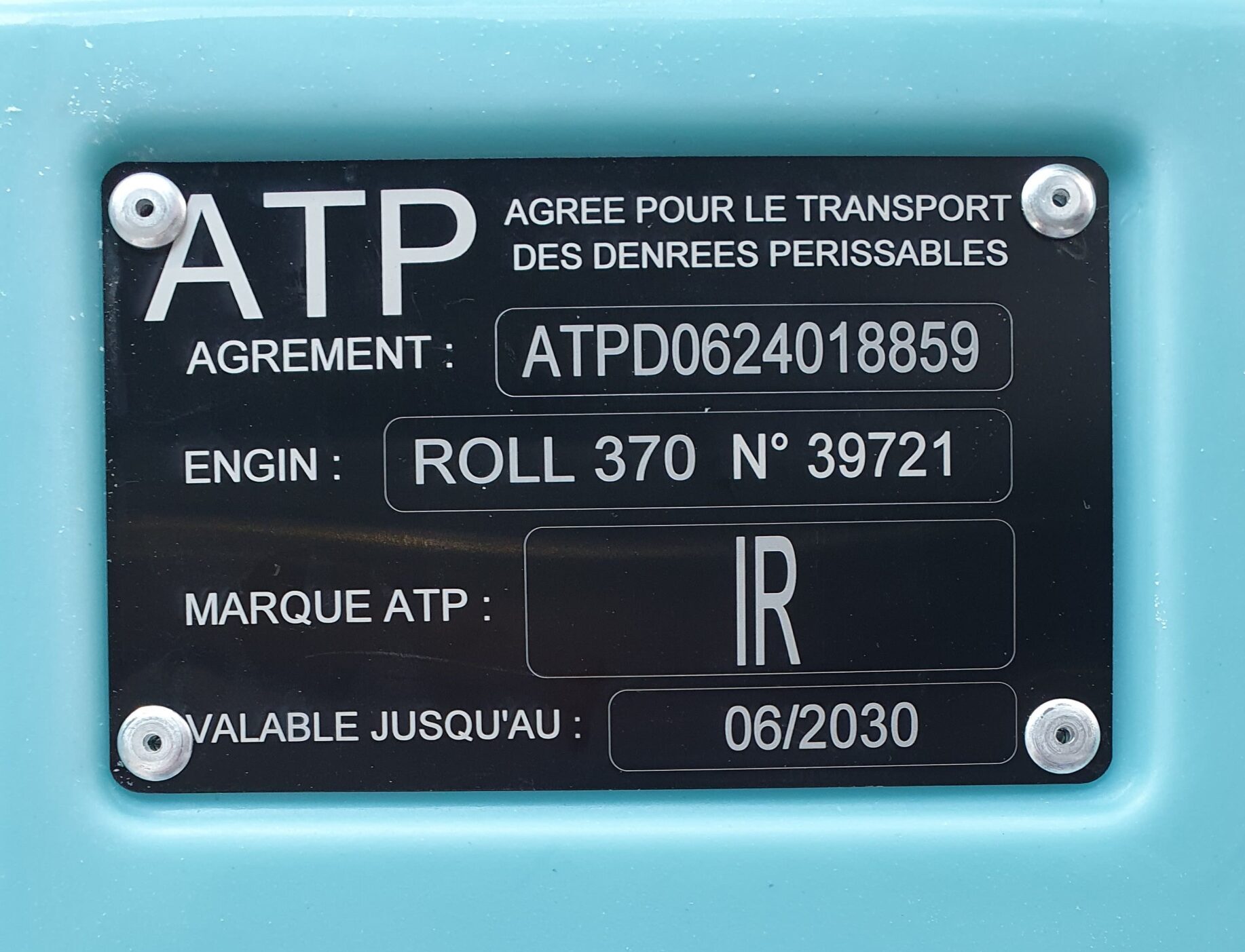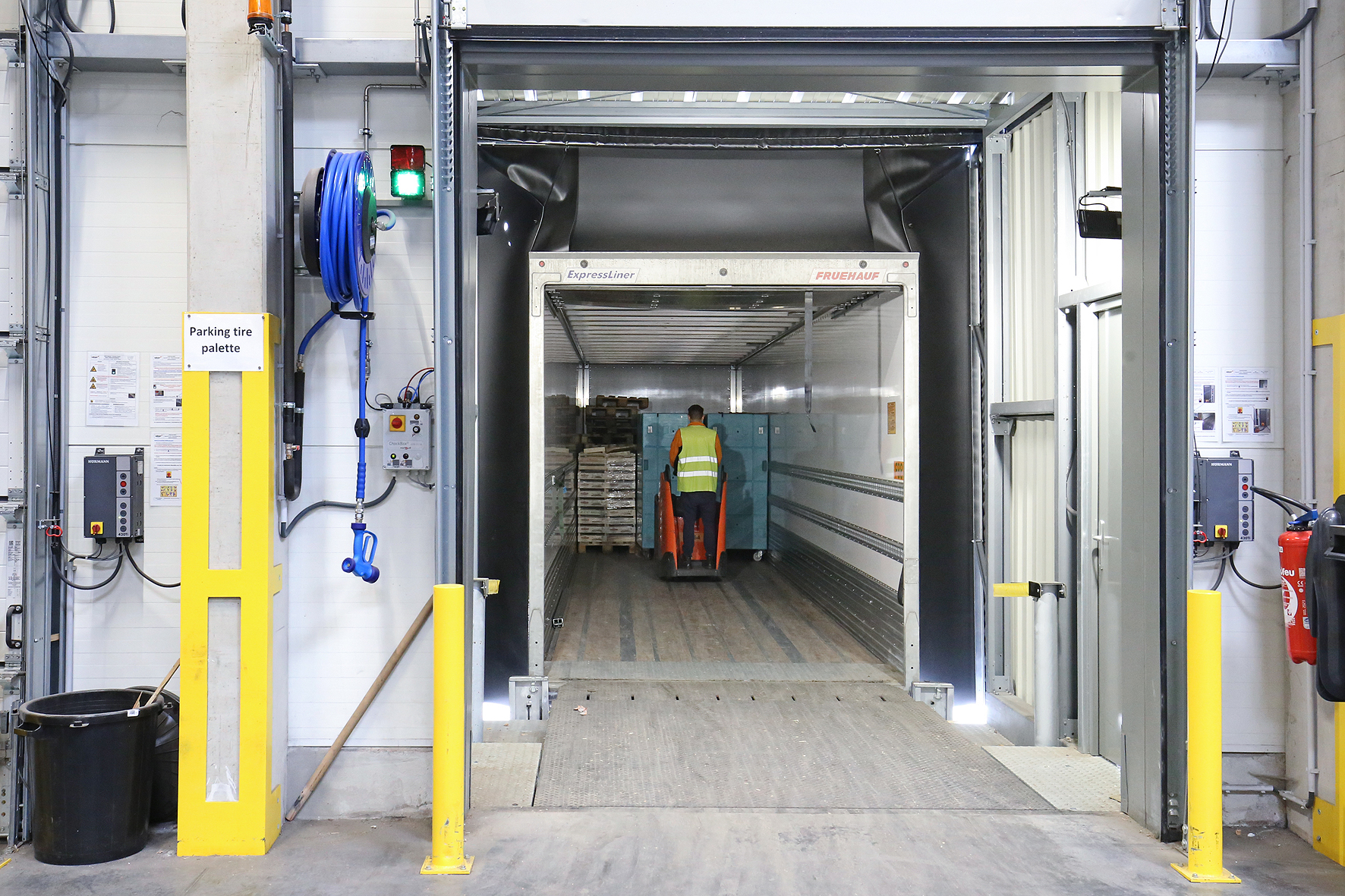How to optimize logistics flows and address supply chain challenges in food retail by 2025?
4 June 2025 by Edina GÁLFI
9 October 2024 by Edina GÁLFI

Maintaining compliance for small containers used in the transport of perishable goods is crucial for ensuring product safety and maintaining the cold chain. Renewing the Agreement on the Transport of Perishable Goods (ATP) for these containers requires a deep understanding of the procedures and specific cases that may affect the process. This article details the ATP renewal protocol for owners of small container fleets.
When to renew the ATP?
When acquiring a new insulated container, the ATP is valid for 6 years from the date of manufacture. The first renewal ensures equipment compliance for an additional 3 years. Finally, the second renewal extends compliance for another 3 years.
In summary, the renewal schedule is staggered at 6 years / 9 years / 12 years.
The renewal of the certificate is only applicable to equipment listed in the DATAFRIG database.
An insulated container will be considered non-compliant if it presents at least one major non-conformity, such as:
Different scenarios for ATP renewal
Scenario #1: The procedure to follow at 6 years and 9 years
The ATP renewal procedure at 6 years and 9 years is identical. It depends on the statut of the owner, whether they are an accredited test center or not. If the owner is recognized as a test center, then sampling is possible according to the following standard.

If the fleet owner is not recognized as a certified testing center, then thermal control is performed on 100% of the fleet.
The procedure at 6 and 9 years includes:
Note that for any fleet owner recognized as a testing center, an annual audit by the competent authority, Cémafroid, is required. In addition, a designated person within the company must oversee the management of the fleet of insulated containers.


Procedure for the visual inspection of a container

Different scenarios for ATP renewal
Scenario #2: The procedure to follow at 12 years
The renewal of the certificate is done at the request of the container owner by the competent ATP authority based on a K coefficient test, evaluating thermal efficiency in a tunnel conducted by an official testing station.
The new technical compliance certificate is valid for an additional 6 years.
The selected insulated containers are subjected to a K coefficient measurement to determine the effectiveness of the cooling device.
To provide a solution in case of fleet immobilization, a provisional certificate for a duration of 6 months may be issued.
Note: These are general rules. For more information and assistance with renewal, contact us HERE.


Renew your certification with ease with the help of Olivo team
Special Case #1: renewal with refrigeration system upgrade
Special Case #2: renewal after expiry beyond 6 Years
Conclusion
The ATP renewal for small containers can be done through various procedures, each with its own advantages and disadvantages. Owners must choose the method that best suits their needs in terms of infrastructure, technical expertise, and costs. Whether through internal testing activities, outsourcing, or full delegation to a testing center, it is crucial to ensure compliance with temperature standards to guarantee the quality and safety of the transported perishable goods.
